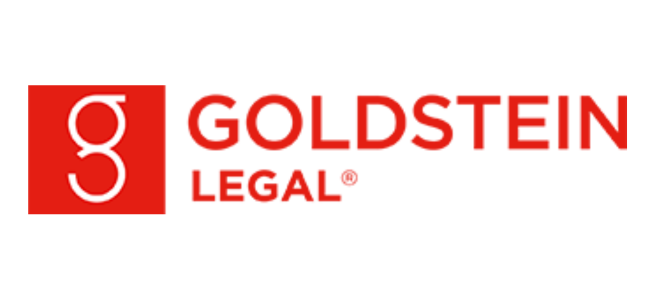How to grow your business: the next step
Last month’s British & International Franchise Exhibition at Olympia attracted a great many companies looking to grow their business through franchising, many of whom we had the pleasure to chat to.
As we learned more about these businesses’ goals and aspirations, it became clear that while many were perfect candidates for franchising, others would be more suited to licensing or expansion through other means.
In order to choose the right avenue for the growth of your business, it is important to understand what franchising and licensing are, and where the differences lie.
So what does it mean to franchise your business?
When most people talk about “franchising”, they mean business format franchising. This means taking a proven and profitable business model and replicating it, i.e. turning it into a blue-print that their franchisees can use and follow to make their business successful. The franchisees set up their own businesses but trade under your brand and in accordance with your “system”, so your brand’s reach can grow.
When a franchisor lets people use its business model and brand, it is essentially granting a licence of use. The franchisor is paid for making its business model and brand available to the franchisee for it to build its own business.
And licensing?
Licensing is less about the business format and more about the intellectual property – the brand and copyright. When licensing, you grant the licensee the right to use your intellectual property, whether it is your trade mark, brand, or copyright (which can include recipes; designs; software; operating procedures, etc.).
When licensing, what you generally do not do, is take responsibility for designing a comprehensive business model complete with instructions for another person’s application and use.
Similar to franchising, the licensor gets paid for making its intellectual property available to the licensee, but it for the Licensee to use in its own (often existing) business.
When is one better than the other?
Franchising is the path that only a proven and profitable business should take. It is not a means through which your business can obtain investment. Rather, your business will need to invest a substantial amount of capital and capability to create a “franchise” package.
To franchise is to offer a proven and profitable business model supported by a successful pilot, an effective training programme, a detailed operations manual and a well thought-out business growth strategy and financial plan. The cost of launching a franchise is considerable – between £30,000 to £50,000 – so it is certainly not a decision to be taken lightly.
Licensing is a lot more flexible. What you offer to licensees largely depends on your business. It can range from simply the right to use your trade mark (i.e. brand name), to using more substantial intellectual property, e.g. software; product designs; recipes; teaching manuals etc.
Indeed, if your business is struggling but you have valuable intellectual property, offering it for licence may prove to be a lucrative revenue stream, allowing for the distribution of your products and services to consumers and markets you may not otherwise be able to access.
Licensing is easier to manage when compared with franchising and in many cases, it is cheaper and less demanding. However, it has its own risks and costs, for example, it is imperative that you build in quality controls into your licensing arrangement in order to protect the reputation of your brand and the products or services you grant under licence.
So, which is it to be?
Deciding how to grow your business and whether franchising or licensing is the right choice for you requires careful consideration. It may even be that neither option is ideal.
There are many ways to build on nascent success – you can open another branch; partner or ally with another business; diversify your range of products and services or re-examine them; re-evaluate your target market; or merge with or acquire another business.
Franchising and licensing are two options among many. A solid understanding of your business and a clear vision of where you want to take it is a prerequisite to making any decision as to its future.
Here at Goldstein Legal, we can advise you on your options and craft a business growth strategy and agreement that is tailored to your business goals.
As Benjamin Franklin is often quoted as saying: “An investment in knowledge pays the best interest.”





